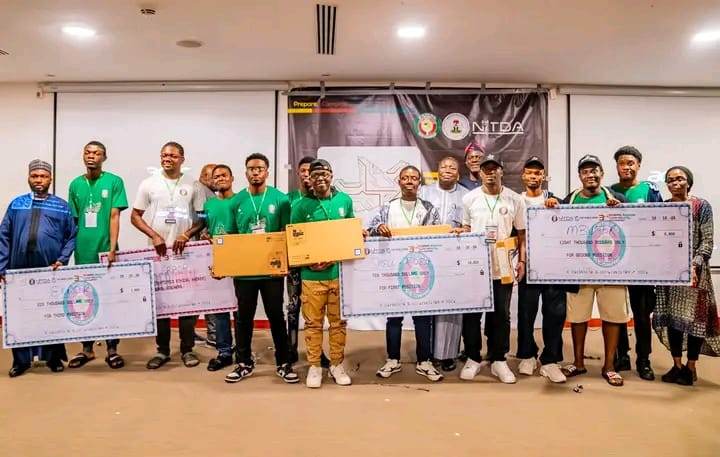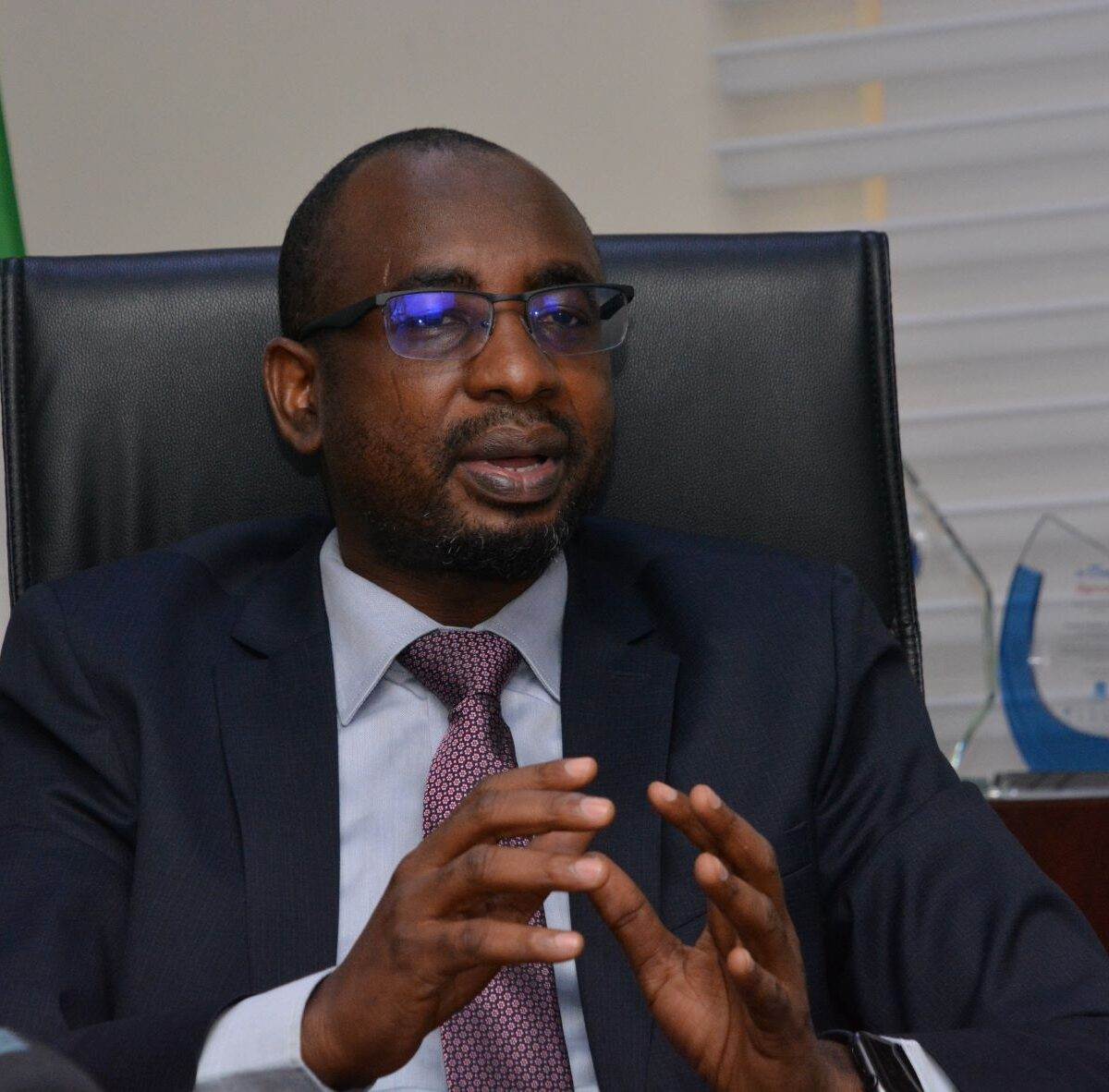NITDA, ECOWAS collaborate to address cybersecurity challenges
Technology tamfitronics
Skip to content

The National Information Technology Development Agency (NITDA) and the Economic Community of West African States (ECOWAS) have partnered to harness the energy and creativity of young people in the West Africa sub-region to address cybersecurity challenges.
Blueprint reports that the hackathon, which was the third in the series, attracted participants from 12 West African countries. Winners and participants received cash prizes and gift items as recognition for their achievements.
Speaking at a regional security hackathon held in Abuja, Nigeria, NITDA Director General Kashifu Inuwa, said the event was aimed at identifying and nurturing cybersecurity experts who can combat the growing threat of cybercrime in the region.
Represented by Oladejo Olawumi, emphasised the importance of harnessing the energy and creativity of young people to address cybersecurity challenges. He stressed the need for countries to adhere to regional regulations and implement robust measures to protect critical institutions.
Olawumi stressed the importance of tapping into the region’s youthful talent to combat cybercrime. He emphasised NITDA’s ongoing commitment to supporting future initiatives and stated, “The vibrant competition within the technology sector is encouraging. By harnessing the energy and creativity of our youth, we can effectively fight cybercrime and prevent them from engaging in criminal activities.”
Also speaking, the ECOWAS Commission President, Dr. Omar Alieu Touray, highlighted the urgency of protecting the region’s cyberspace and the role of the hackathon in identifying and supporting talented individuals.
He emphasized the collaboration between ECOWAS, NITDA, governments, private sector, and academia in making the event a success.





